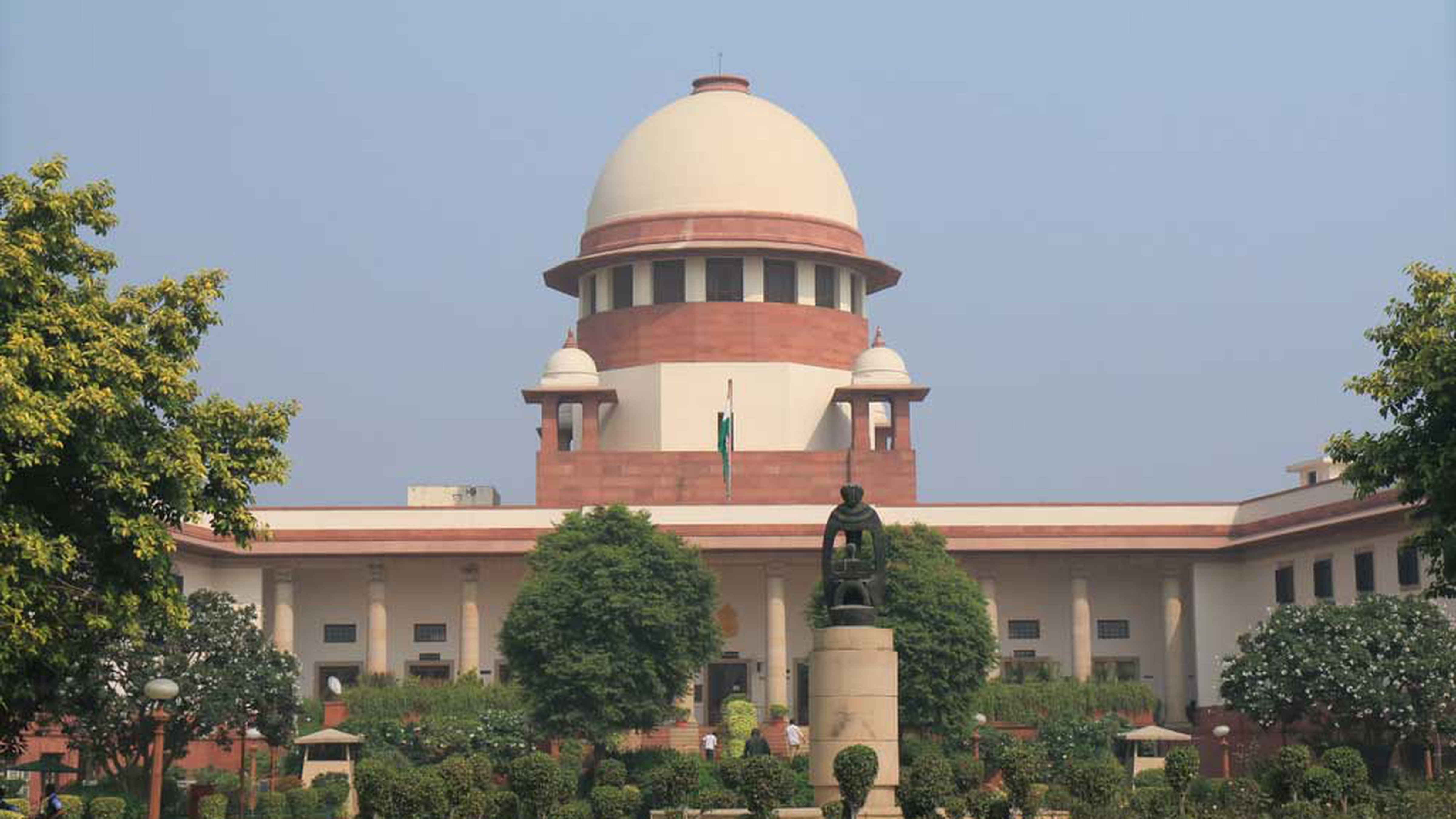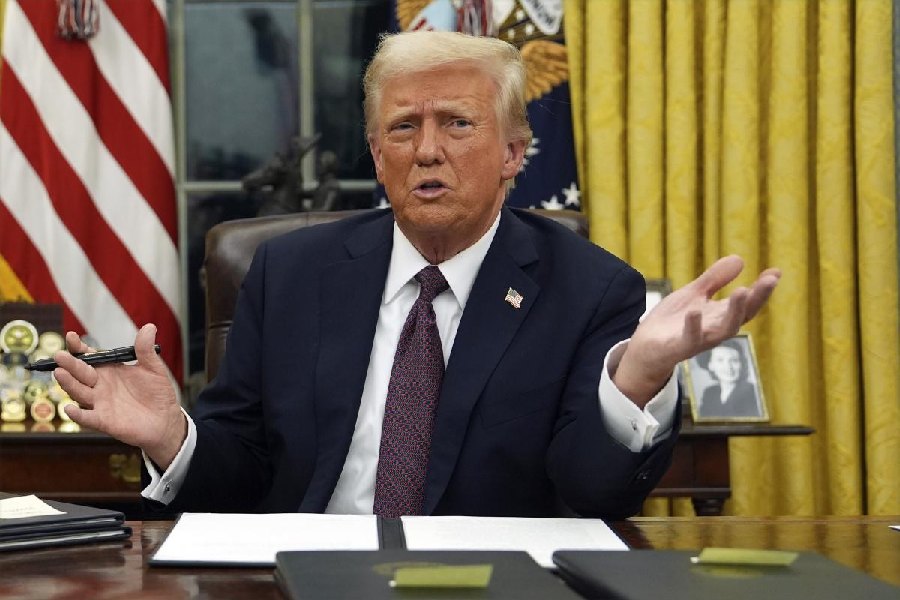The relationship between non-governmental organizations and ruling governments has a less than loving edge at the best of times, although NGOs and local governments occasionally work together on certain schemes. For example, NGOs with the required expertise have helped in water conservation projects, training villagers to build their own shared aquifers and formulating ways of use. The Bharatiya Janata Party government has been particularly suspicious of NGOs, especially foreign-funded ones. Those which violate the rules of the Foreign Contribution (Regulation) Act, 2010, according to the government, have been penalized by stoppage of funds. So far, 18,000 NGOs have had their funding taken away. Since some of the penalized NGOs are also run by persons critical of the Narendra Modi-led government, not everybody is convinced of their ‘violations’. But the government has made it clear that it believes any foreign funding is likely to be used for so-called ‘seditious’ purposes, or for religious conversion.
The Supreme Court, however, has recently instructed that all NGOs dependent on funds from the government — receiving a ‘substantial amount’ — shall come under the Right to Information Act for the sake of transparency. While the court’s decision is welcome, it also points to the silent tussle that occurs every time a ruling government wishes to occupy the non-political space on which NGOs thrive. West Bengal, for example, had begun to bristle with NGOs run by the kin of ministers of the Left Front government and leaders of the Communist Party of India (Marxist) towards the fag end of CPI(M)-led rule. Almost as a counter to the Supreme Court’s direction, the government has further stiffened the rules governing foreign-funded NGOs. Now not just the key people but every single member will have to show that he or she has not been prosecuted or convicted for conversion or for creating communal tension or disharmony. They will have to swear on oath that they will not be “diverting” foreign funds or “advocating” violent means. This paranoia is a deliberate construction, aimed at discrediting any work that does not toe the government’s line and convicting all non-BJP social activists of religious faithlessness — how is that relevant? — and connections with extremists of different hues just by rhetoric. The court’s demand for transparency from government-funded NGOs seems not to have been popular with the government.












